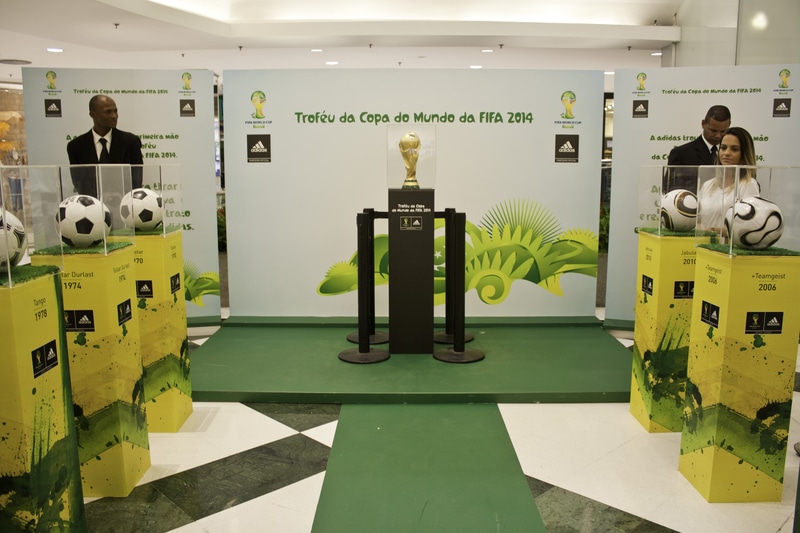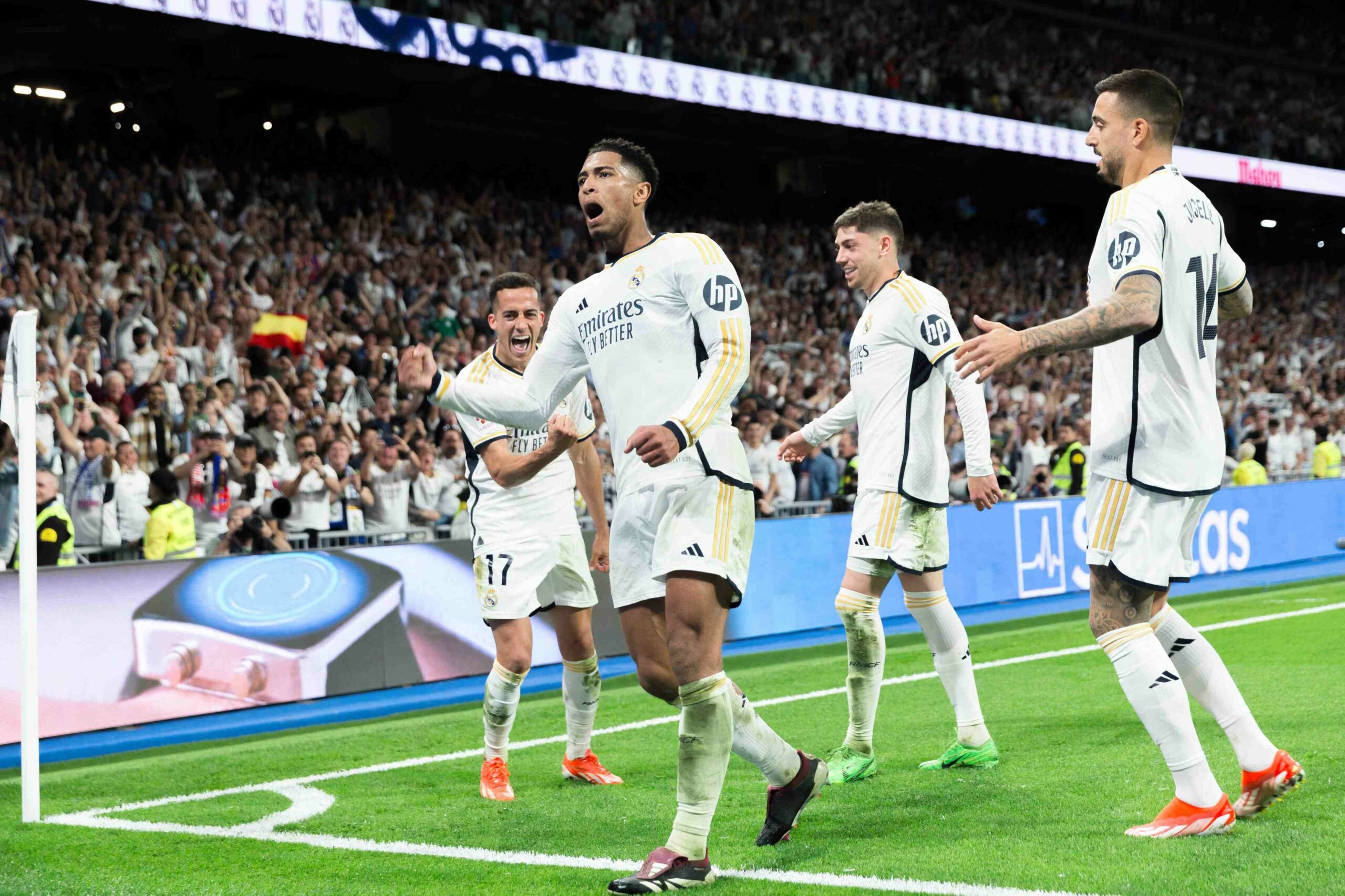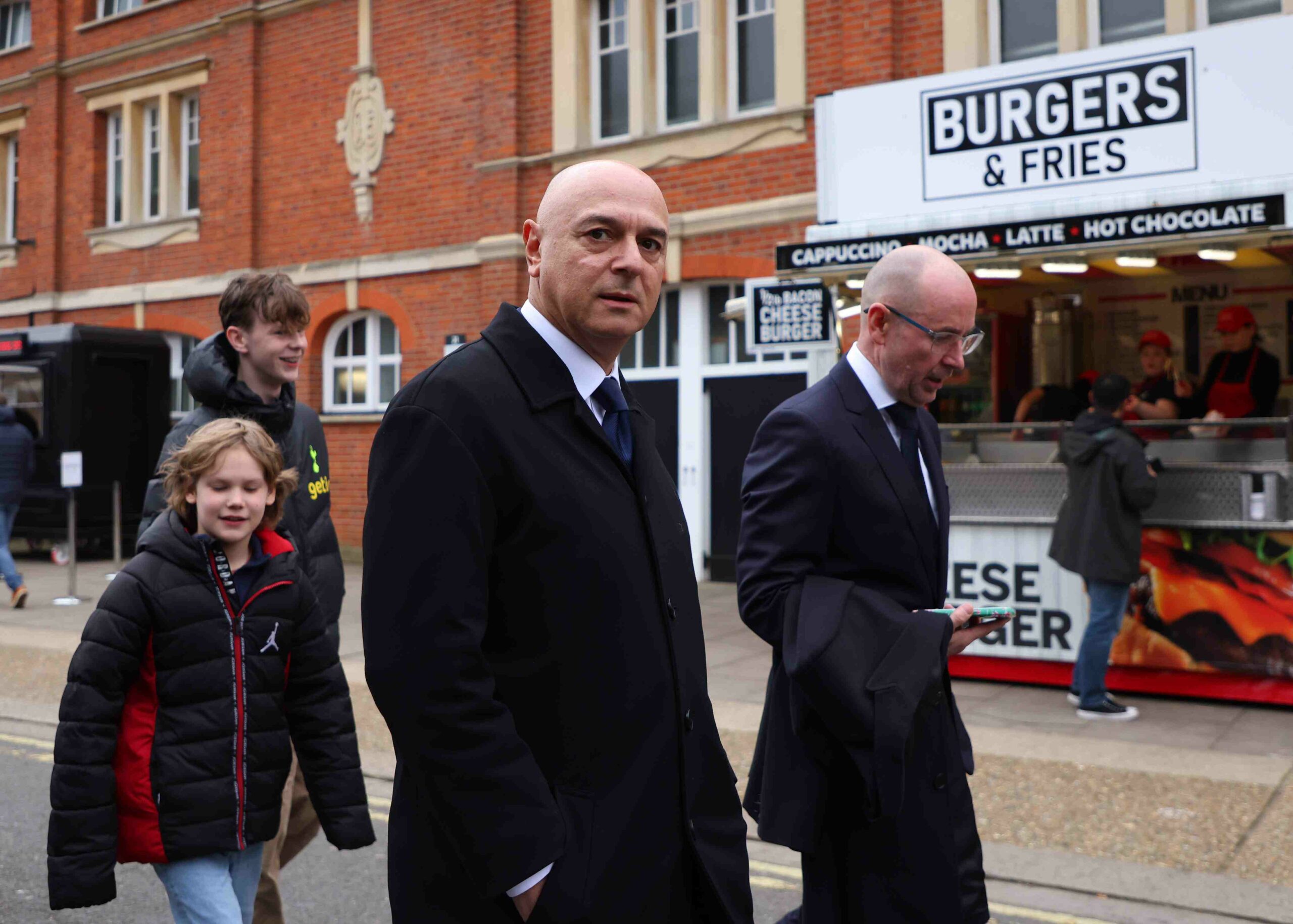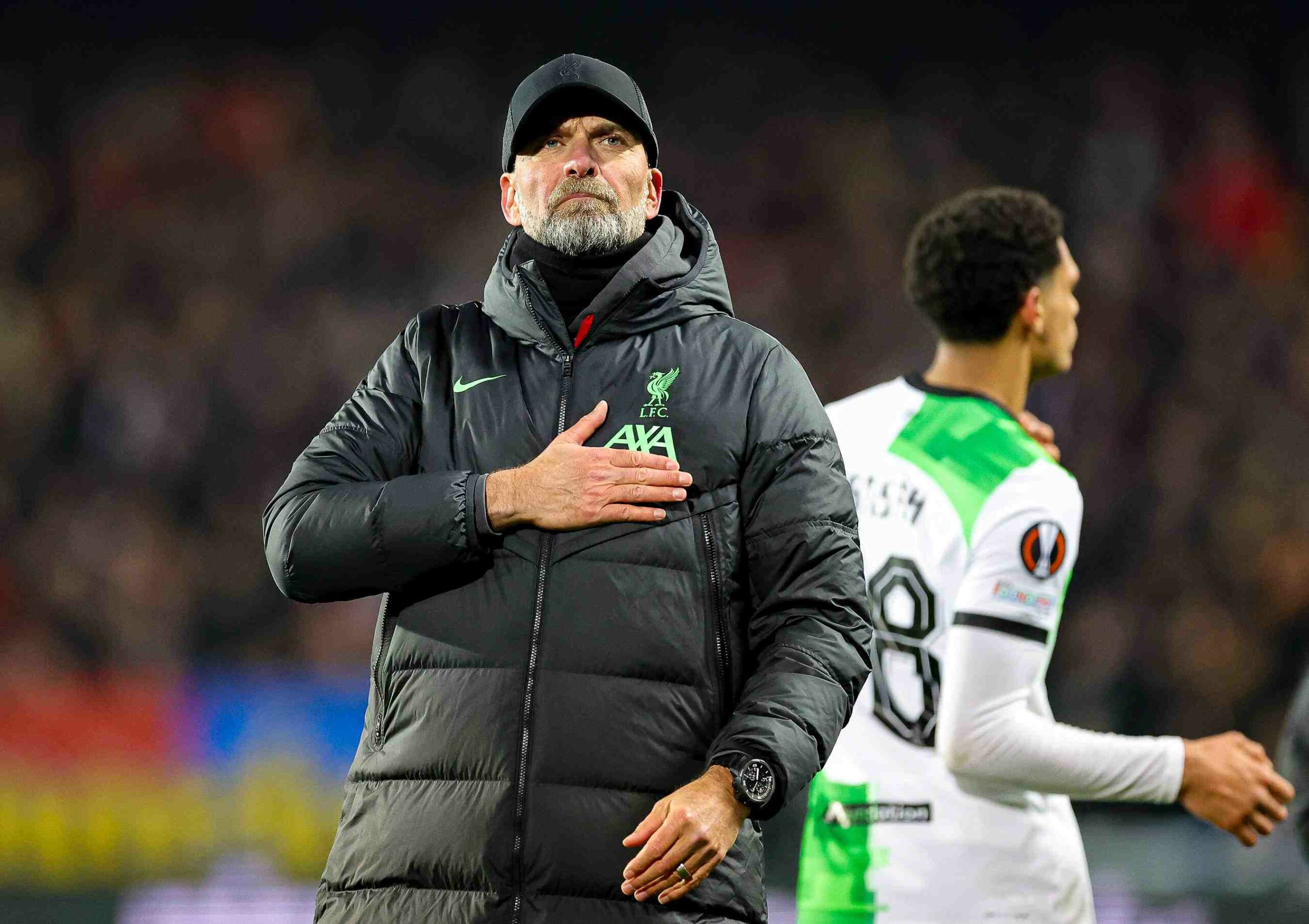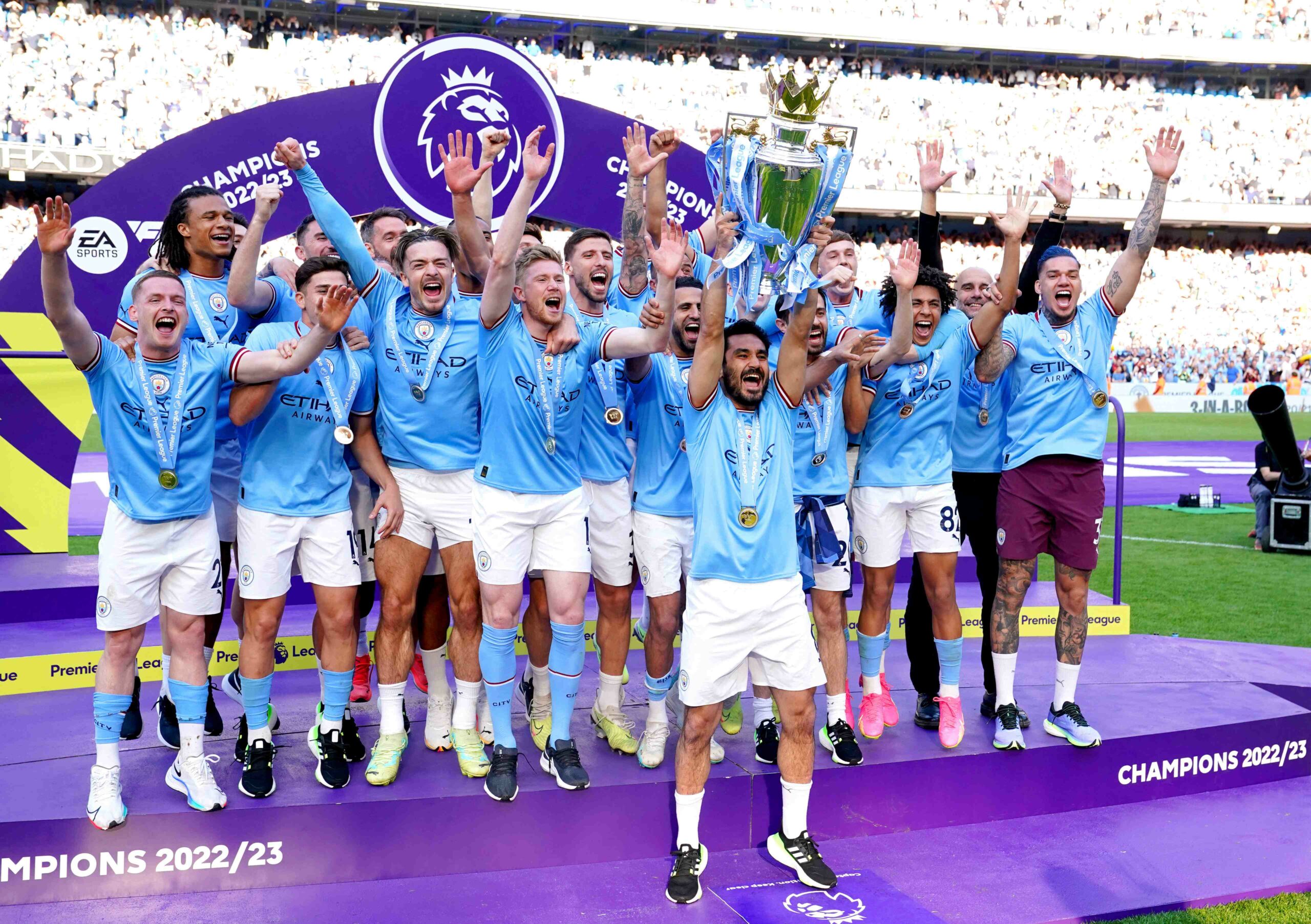Players such as Pele, Diego Maradona, and Franz Beckenbauer have all seen their legends written on the biggest stage of them all, as they led their respective countries to the top of the world game. The rarity of the World Cup ensures its uniqueness, which ensures that the majority of fans around the globe are against the idea of a competition every two years.
However, not all stars representing their country end up with the prestigious trophy in their hands. Instead, sometimes the star of the show at the World Cup is the one that comes up agonizingly short, but memories that they have created for the billions of fans watching around the world last for a lifetime. But, who have been responsible for some of the all-time great performances in modern history at the World Cup?
The Ultimate Comeback Story Featuring Ronaldo In 2002
The 2002 World Cup was the first time that FIFA had allowed responsibility of hosting the event to countries in Asia. The tournament in Japan and South Korea was one of the most enjoyable in recent history, as it was really a wide-open contest when it came to the nation that would win the competition. Argentina and France were joint-favourites for the competition, but both were knocked in one of the most pulsating group stages in World Cup history.
However, the story of the tournament centred around Brazilian superstar Ronaldo. The striker suffered a convulsive fit just hours before the game against France in the 1998 World Cup final, and ‘sleepwalked through the game. However, he came back with a vengeance at the 2002 World Cup, despite barely playing club football from 2000 due to a knee injury.
The story of redemption was one of the all-time great World Cup moments, as Ronaldo scored eight goals as Brazil overcame their disappointment from four years earlier. Ronaldo scored against every opponent he came up against in 2002, with the only exception coming in the tense quarterfinal showdown against England. He was the hero in the final, scoring twice against Germany, as he was able to finally live out the dream that he had after the 1998 tournament of lifting the World Cup high above his head.
The Brazilian continued to be synonymous with the World Cup following the 2002 edition, as he broke the long-standing record for most goals in the competition after scoring against Ghana in the 2006 World Cup. During that tournament, he also matched the records of scoring at least three goals in three different World Cups, equalling the record set by Jurgen Klinsmann. However, both records were later broken by Germany striker Miroslav Klose.
His achievements throughout the 2002 World Cup were later honoured, as he was awarded the BBC World Sport Star of the Year and the Laureus World Sports Award for Comeback of the Year. It remains one of the greatest comeback stories that not only the World Cup has ever seen, but sport itself.
Forlan Rolling Back The Years In 2010
Uruguay was one of the most dominant nations in the early years of the World Cup, winning two editions of the competition between 1930 and 1950. They were also the first nation to ever win the World Cup. However, their performance in recent history have largely been underwhelming, despite having a golden generation of talent at their disposal.
There was a growing sense that things were about to change for the better in the lead-up to the 2010 World Cup in South Africa, as Uruguay cruised through qualification with flying colours. They continued to showcase that form in the group stages in South Africa, as they topped a group that included the hosts, France and Mexico. The star throughout the competition was Diego Forlan.
For those that watched the competition throughout its entirety, Forlan was better than he had ever been. Meanwhile, Manchester United fans’ were potentially left wondering where this version of the striker was during his time at Old Trafford. The 30-year-old was responsible for countless ‘wow’ moments throughout the World Cup and built up a formidable relationship alongside Luis Suarez.
Forlan made history in that competition by scoring three goals from outside the area, becoming the first player to achieve that feat since Lothar Matthaus in 1990. He also picked up the Goal of the Tournament award for his stunning volley in the third-place defeat against Germany.
The Uruguayan ended the competition as the joint-top scorer and was awarded the Golden Ball over rivals such as Anders Iniesta and Xavi, who went on to win the tournament with Spain.
Zidane’s Crowning Moment As King Of France In 1998
When younger fans think of Zinedine Zidane at the World Cup, the first thing that comes to mind is the disgraceful end to his career at the 2006 World Cup. However, the Frenchman is responsible for one of the all-time great performances in the competition, as he led his nation to glory in their home nation back in 1998.
France went into that competition as the leading nation in the betting, as they were fully expected to make home advantage count. While many nations throughout history, such as Brazil in 2014, have buckled under that pressure, the character of Zizou ensured that there was only ever going to be one outcome from that competition in 1998.
Going into that competition, the French had never got their hands on the famous trophy despite having talented squads throughout the 80s. One reason for that was the weak character that the nation had, as they often fought between themselves rather than working together to achieve a collective goal. In 1998, it was very much a sense of all for one, and one for all, with Zidane leading that march right at the top of the pitch.
Of course, there was a moment of controversy for Zidane in the World Cup, as he was sent off in the second half against Saudi Arabia, which forced him to miss games against Denmark and Paraguay, but he was crucial when returning to the team. Zidane scored the opening penalty as the French progressed through to the semi-finals past Italy, while he had a hand in the goal in the semi-final against Croatia.
Many were questioning whether the famous number ten would score in the World Cup in the lead up to the final, but he ruthlessly answered that question in one of the finest displays in a final in World Cup history. France were dominant against Brazil in the final, with Zidane scoring twice. The playmaker was awarded Man of the Match in the final, and was later honoured with the Legion of Honour. His year was capped off by winning the 1998 Ballon d’Or, with his performances in the World Cup going a long way in ensuring he got the votes.
Rodriguez’s Breakout Summer In Brazil 2014
It is extremely rare for the entire footballing nation to agree on one breakout star from a World Cup, and it is even more unlikely that the player in question wouldn’t have even made it to the last four of the competition. However, anybody that watched the 2014 World Cup in Brazil would find it extremely hard to look past James Rodriguez as the one star that lit up the competition.
The 2014 World Cup was a memorable one for many reasons, including Germany’s 7-1 win over Brazil and the use of goal-line technology for the first time. However, the performances of Colombian international Rodriguez dazzled throughout the competition, as the outsiders gained fans from all over the world.
Colombia were massive outsiders heading into the competition, which is no surprise given that they had reached the round of 16 on just one occasion in four attempts. Furthermore, the nation had failed to qualify for the World Cup in three editions leading up to the 2014 event.
However, Colombia quickly looked to be one of the nations to watch in the competition, as they eased through Group C with a 100% record, recording wins against Greece, Japan, and the Ivory Coast. History was made in the following round, as Rodriguez scored twice against Uruguay to book his nation’s spot in the quarterfinals for the first time in their history.
Colombia’s run in the competition ended in controversy, as huge figures such as Diego Maradona and Carlos Velasco Carballo berated the decisions that went in Brazil’s favour. There was certainly weight in that argument as Mario Yepes saw a perfectly good goal disallowed in the 2-1 win for Brazil.
However, the national team restored pride to their nation and were greeted back home in Bogata by hundreds and thousands of fans. Meanwhile, the national side were awarded the FIFA Fair Play Award. Rodriguez was the star man, and ended the competition with a high of six goals and two assists; earning him a £63 million transfer to La Liga giants, Real Madrid.
Inspiring Croatia’s Next Wave Of Talent, Led By Modric
There was tension heading into the 2018 World Cup, just as there is heading into the World Cup this year in Qatar. It was doubted whether the competition would be a huge success, as many questioned whether Russia would be a welcoming country for the nations attending games. However, all that was forgotten about following one of the best World Cups in the history of the competition.
There was no shortage of stars on show in Russia, with many believing that it was the big breakout tournament for France superstar Kylian Mbappe. However, it was Luka Modric that was undoubted the best player of the tournament. The Croatian international was widely regarded as one of the best midfielders of this generation before the World Cup, but he furthered that reputation with performances that won him the Ballon d’Or in 2018.
Croatia were outsiders to go deep in the competition, after being drawn in a tough group alongside Nigeria, Argentina, and Iceland. However, they eased through the group stages in stunning fashion, winning all three group games, with Modric scoring and assisting in a famous 3-0 win against Argentina. The captain led by example in the round of 16 showdown against Denmark, and then the quarterfinal against Russia, scoring in the penalty shootout.
Many expected Modric’s run in the competition to come to an end against England in the semi-finals. However, despite going 1-0 down in the first half, the Croatian leader illustrated all his traits to take control of the game for his nation in the middle of the park. He was able to dictate the pace of the game and pick passes through the heart of a tiring England midfield to secure a 2-1 win after extra-time.
Once again, they were underdogs in the final against France, and it appeared to be a step too far from the Croatians. They were beaten 4-2 in a pulsating World Cup final, but once again, Modric was one of the star men on the pitch.
Modric’s performance earned critical acclaim from leading pundits from around the world, and he picked up the Golden Ball for being the outstanding player in the tournament. He was later honoured by winning the 63rd Ballon d’Or, after receiving 753 votes, nearly 300 more than Cristiano Ronaldo, who finished in second place in the standings. His win was also the first time that a Croatian player had been handed the illustrious award. However, it by no means will be the last, as his performances throughout the 2018 World Cup inspired a generation.
